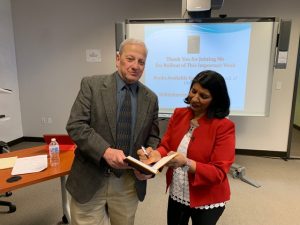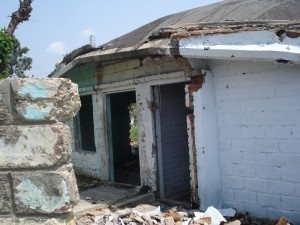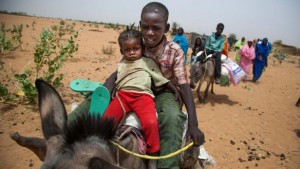Dr. Sudha G. Rajput is the author of Internal Displacement and Conflict: The Kashmiri Pandits in Comparative Perspective (Routledge). Her 31-year career at the World Bank touched on multiple aspects of international development, working on thirteen countries of the former Soviet Union. Her co-authored book chapters appear in Scientific Explorations of Cause and Consequence across Social Contexts (Praeger) and in State, Society, and Minorities in Southeast Asia (Lexington Books). She writes for the Forced Migration Review. Her doctoral research has investigated issues of conflict-induced displacement in Kashmir, with a focus on societal and policy reform, leading her efforts to the development of a graduate course, Refugees and IDP Issues, drawing students from fields of conflict resolution, international development, humanitarian assistance and peacebuilding. She is a Senior Researcher at the Refugee Law Initiative, a U.K. based think-tank. She is a Consultant/Trainer for USAID, designing and conducting capacity building workshops in Khartoum, Sudan, promoting cross-border co-existence. As a Professional Lecturer, at George Washington University, she teaches at the Elliott School of International Affairs, where she brings multi-disciplinary approaches to her course on Refugee and Migrant Crisis. She is a trainer for the Forage Center for Peacebuilding Education, where during a 4-day humanitarian assistance simulation, she coaches students on systematic understanding of protracted displacements. She teaches at the University of Maryland Global Campus, delivering the MBA program for the military students. Her interests on post-conflict issues include her past travels to: Bosnia, Bulgaria, Croatia, Georgia, Kazakhstan, Kosovo, Macedonia, Montenegro, Serbia, Sudan, and Ukraine. Sudha’s blog on internal displacement can be found at www.internaldisplacement.info. Dr. Rajput lives in Washington, D.C. and can be reached at sudha_rajput@yahoo.com
Most commented posts
- Conf. 795 Blog Post #2: IDPs in Sri Lanka — 14 comments
- CONF.795 – Blog Post #1 – Syrian Crisis — 12 comments
- Conf.795 Blog Post #3 – Cameroon — 11 comments
- News from Kashmiri Pandits — 3 comments
- South Sudan – Internal Displacement rises — 2 comments




Recent Comments